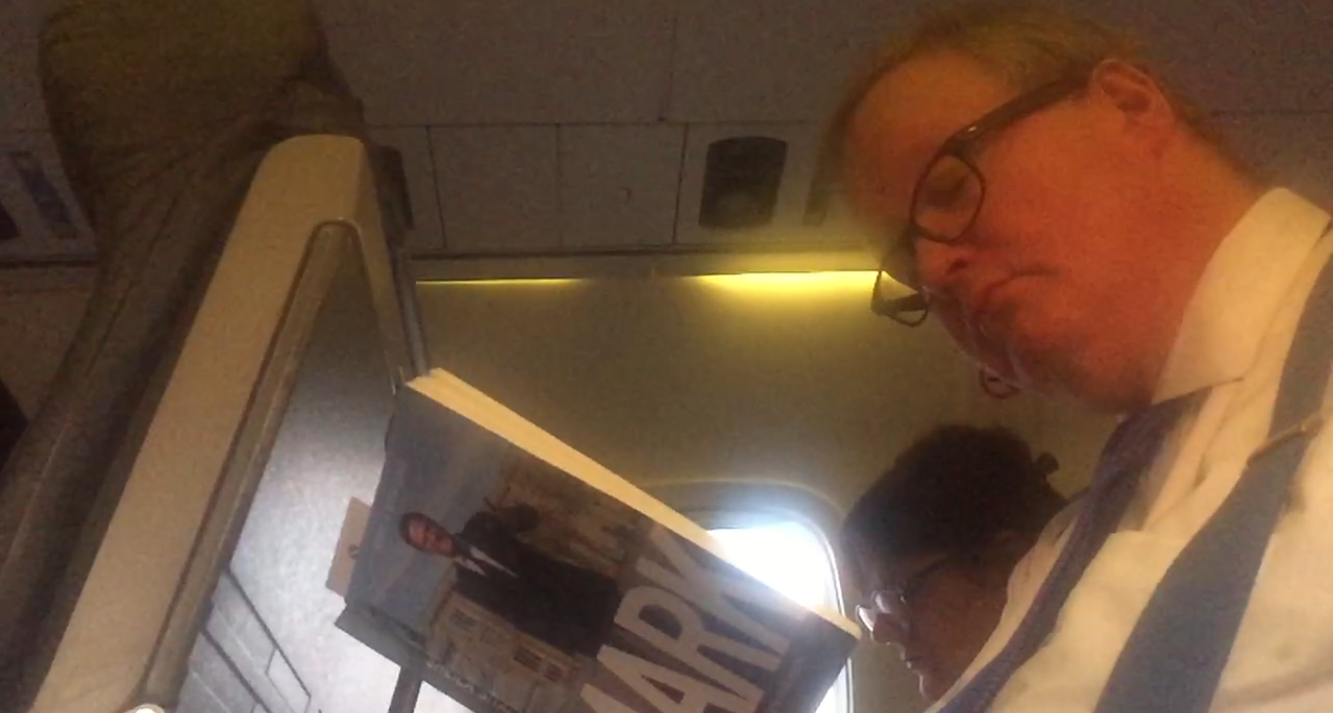Election Day (2017)
As i am writing this i am on a flight from Strasbourg back to Amsterdam. At the same time people back in the Netherlands are voting in one of the most contested elections of recent memory. There is a real (although increasingly unlikely) chance that the xenophobic, populist and anti European PVV of Geert Wilders will become the biggest party and that the rest of the political spectrum will splinter into 15 or more parties. The dutch elections are seen as a first test for the future of a united and democratic Europe, to be followed by the French presidential elections in a month where the Front National is currently leading the polls.
Much has been written about how this is due to fact that much of the populations feel ignored, left behind and threatened by immigrants and other outsiders. Looking out of the window of the plane this is somewhat hard to reconcile with the landscape passing 8000 meters below. The regions between Amsterdam and Strasbourg (Alsace, Luxembourg, Limburg, Brabant, South Holland) are some of the richest and happiest on earth. You can see that from above, the fields are lush and green, the tractors draw their GPS guided straight lines across the landscape, the roads and other infrastructure are well maintained, the dutch waterworks proudly face the expanses of the North Sea and the villages and small towns are orderly clusters of individuals houses, surrounded by patches of lawn and other greenery.
To anyone who has ever looked out of a plane window when flying approaching airports in South America, Africa, the Middle East or Southeast Asia this will look like paradise. There can be no doubt that Europe is one of the most fortunate places on earth and there can be no doubt that we have the resources not only to support those who have the privilege to be born here but also those who are looking to come here for a better future.
The political crisis that we are facing and that is driving much of the electorate into the arms of xenophobes and populists like Wilders and Le Pen is clearly not the result of resource scarcity. Instead it is a crisis of resource allocation. The fat, rich landscapes passing below us can easily support many more than just the lucky few that are already here. As Europeans this requires us to understand that we need better, fairer ways of sharing our collective wealth…

